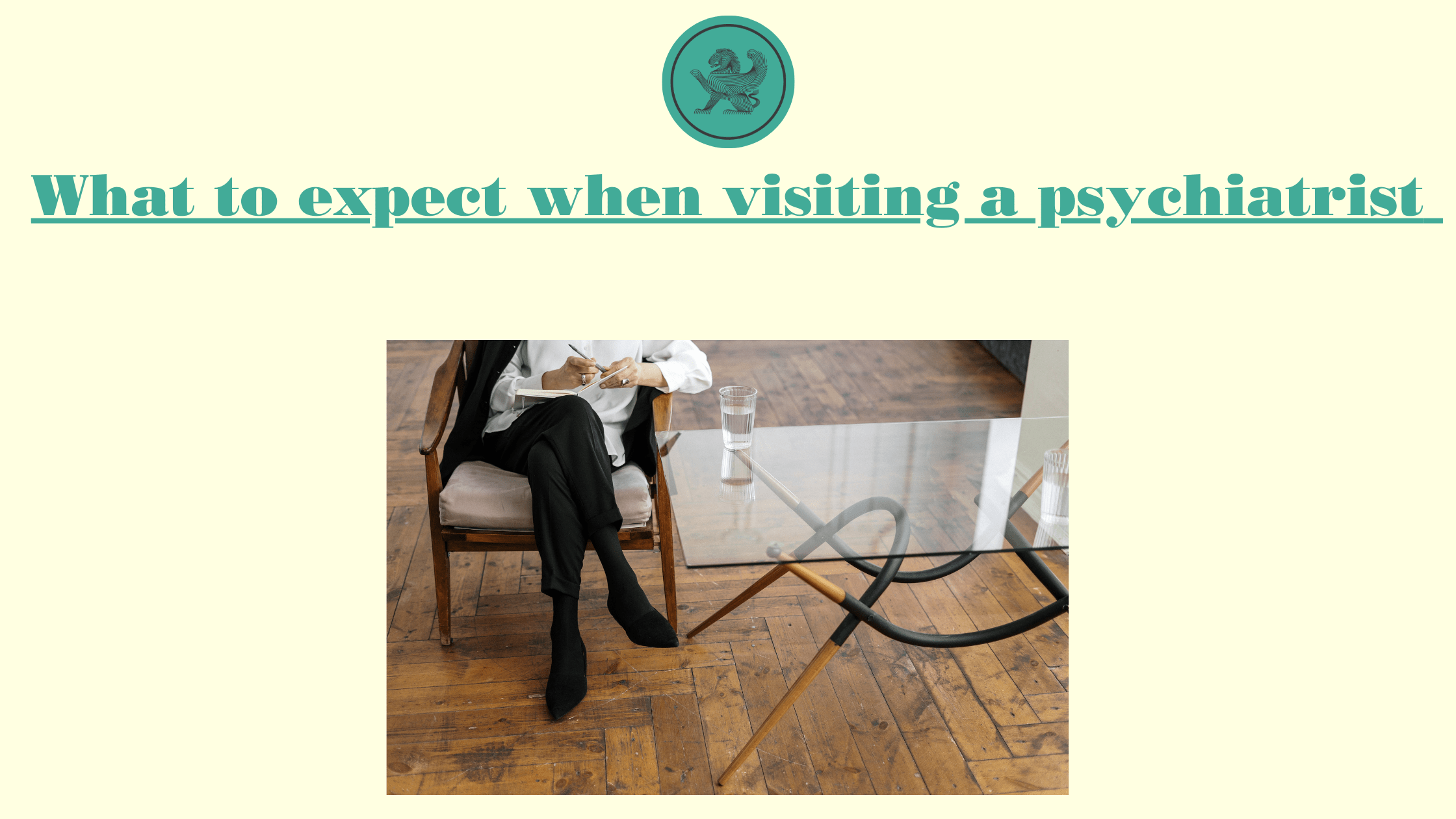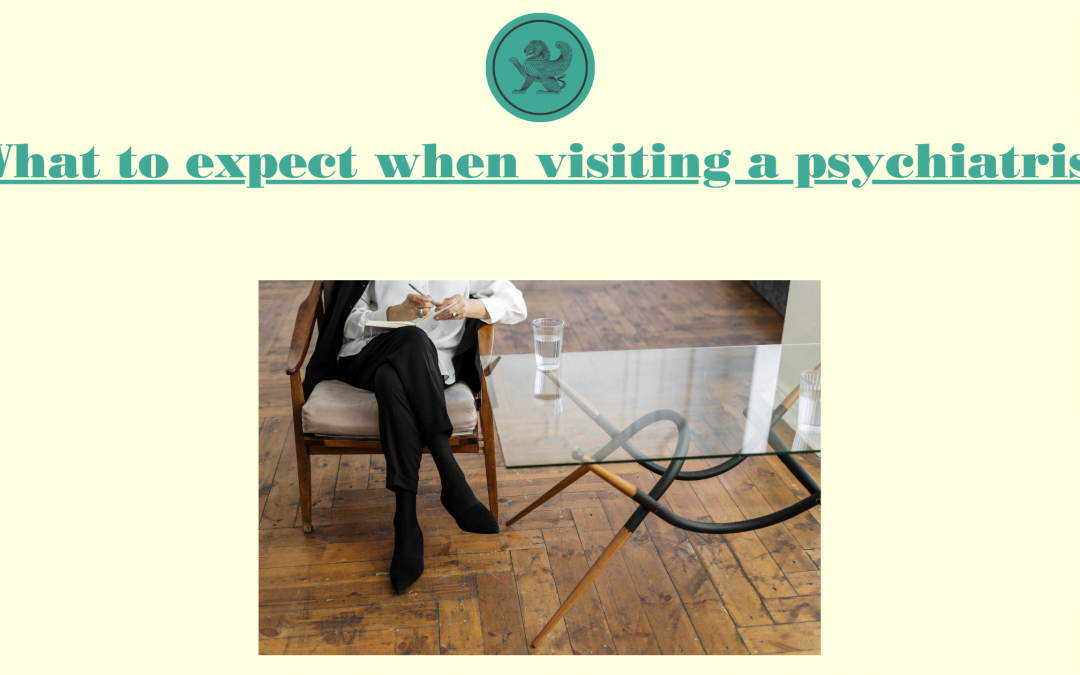CREDITS
By Dr M van Zyl
Most people are reluctant to visit a psychiatrist, thinking that it is evidence that they are “mad.” However, visiting a psychiatrist can be a helpful step towards addressing mental health concerns, and you should leave the consultation with a sense of hope and a management plan. Here’s what you can generally expect:
Before the Appointment
1. Referral & Scheduling: Typically, you may need a referral from a general practitioner or another healthcare provider to see a psychiatrist. However, some psychiatrists do accept self-referrals. Remember to check with your medical aid whether you need a referral number. Appointments can often be scheduled via phone or online.
2. Medical Aid Payment & Costs: Check whether the psychiatrist accepts your medical aid and confirm any out-of-pocket costs. You are entitled to see the psychiatrist’s billing policy before making an appointment.
3. Paperwork: Some offices require you to fill out forms before your appointment. These may ask for your medical history, medications you are taking, and the reason for your visit.
During the Appointment
1. Waiting Room: Similar to other medical offices, you’ll likely start in a waiting room before being called in for your appointment. Psychiatric emergencies are rare, but sometimes your psychiatrist have to deal with an emergency. We value people’s time and we strive to be on time, but if we are late, be assured we will do the same for you if necessary.
2. Initial Assessment: The first appointment is often a comprehensive assessment that may last 45 minutes to an hour, sometimes even longer. Subsequent sessions may be shorter.
3. Discussion: The psychiatrist will ask you various questions to understand your symptoms, history, and concerns. It’s a good idea to be as honest and open as possible.
Contrary to popular belief, we cannot read minds and we will go on what you tell us.
4. Physical Examination: Although psychiatrists focus on mental health, they are medical doctors and may perform a physical exam or request tests to rule out other conditions.
5. Diagnosis: The psychiatrist may provide you with a diagnosis based on the DSM-5 or ICD-10/ICD-11 criteria (in South Africa, we still use DSM-4)
6. Treatment Plan: Psychiatrists can prescribe medication, recommend psychotherapy, or suggest other forms of treatment. They will usually discuss these options, potential side effects, and other considerations with you.
7. Confidentiality: Anything you share is generally confidential, with a few exceptions related to risk of harm to yourself or others.
After the Appointment
1. Prescriptions: If medication is prescribed, you can usually have it filled at a pharmacy of your choice.
2. Follow-up: Future appointments may be scheduled to monitor your progress, adjust medication, or change your treatment plan as needed.
3. Communication: Some psychiatrists may offer a way for you to contact them between appointments for non-urgent matters, such as medication adjustments.
4. PMB and chronic applications: You might qualify for PMB privileges depending on your diagnosis. Depending on your plan and prescription, your medical aid might pay for your medication from the chronic benefits, e.g., it does not come from your savings.
5. Records: The psychiatrist will keep records of your visits, which are confidential and stored securely. These may be shared with other healthcare providers only with your consent.
Remember: a psychiatrist is a medical specialist, just like other specialists. Please do not be afraid of us; we will also give you options and choices for the road ahead. Sometimes, we consult a patient and prescribe no medication.


